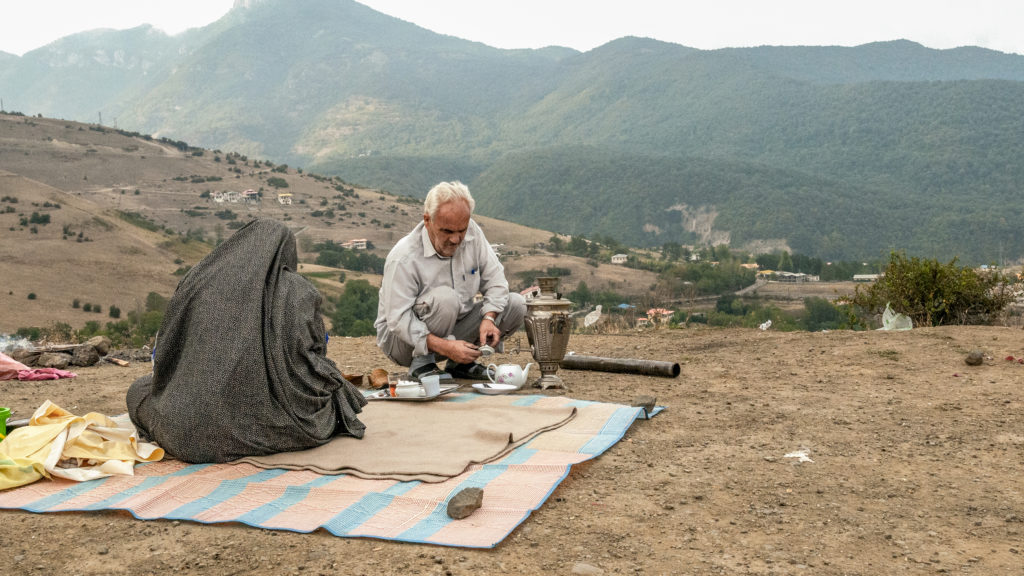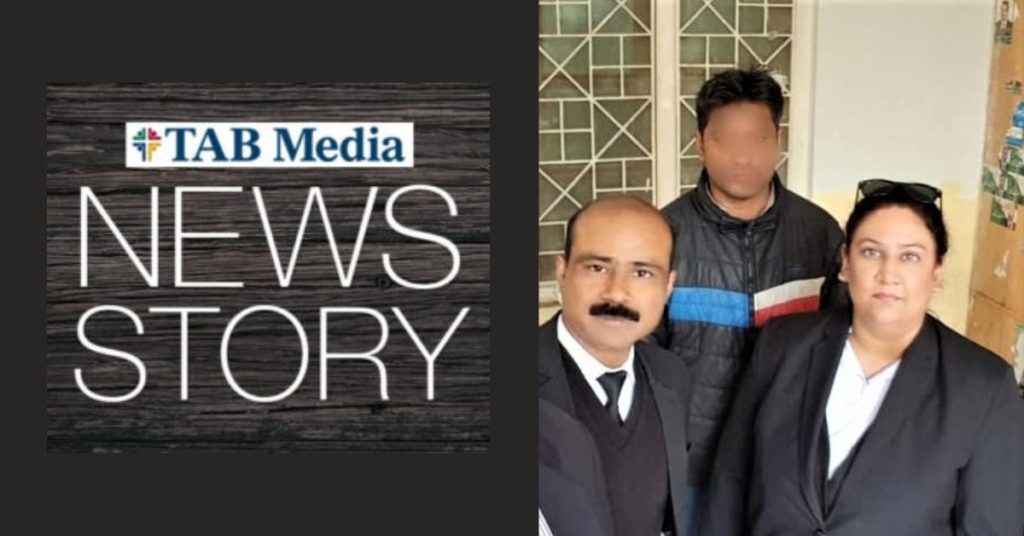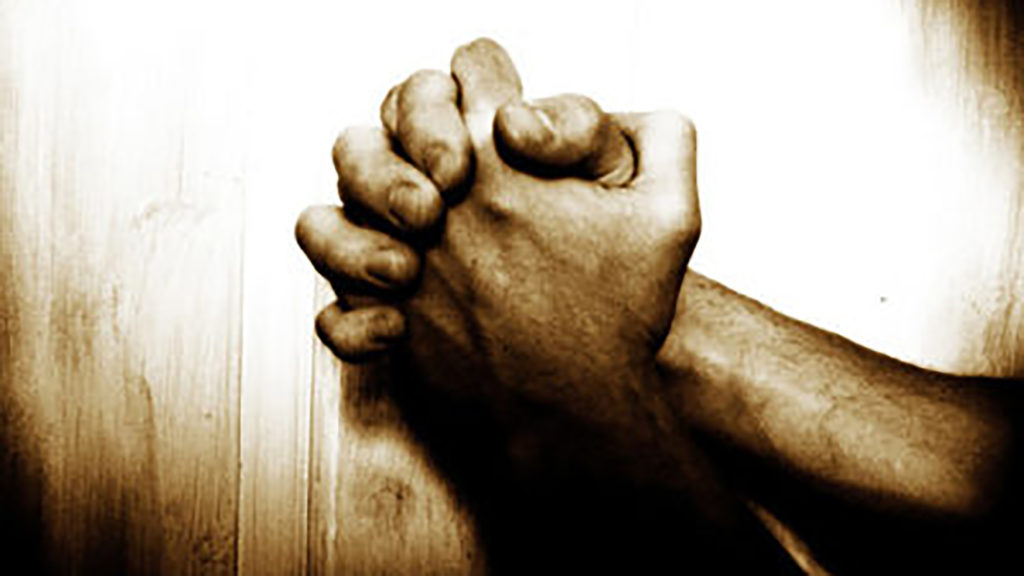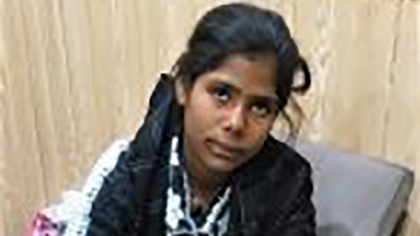When Hoang (Paul) Huynh, pastor of the Vietnamese Baptist Mission in Mobile, was 12, it seemed that he’d have to live without hope under the oppressions of his native Vietnam. At night along a seashore in Vietnam, he watched the beginning of his older brother’s escape to America, but their roles soon reversed.
Hoang’s family had planned for his brother, Hai Hoang, to escape to America on a fishing boat, but as Hoang and his mother stood, his mother had an idea. She would offer her wedding band as payment to the boat’s owner to take Hoang too. As Hoang’s own journey began that fateful night, people were scurrying to board small canoe-like boats that taxied them to the larger boats that waited in the open sea. n the confusion at shore, the brothers climbed on separate boats.
“When I got to the big boat (a 25-foot, wooden Vietnamese fishing boat), my brother wasn’t there, and it was time to go. The owner of the boat said we needed to go, or we’d be caught. I asked God to intervene so that my brother could go too,” he said. They waited and many people came, but not his brother. “The captain said we’d circle back to the spot only once; if my brother wasn’t there then, we’d have to leave without him.”
The brothers, tense, anxious and fearful, finally laid eyes on each other as Hai boarded the big boat.
United, the brothers would face even more difficulties on the open seas — engines would fail, storms would rage and pirates would pillage, steal food and drinking water and threaten death.
Hoang said he cried out to God several times during the four nights and three days they were on the seas, even though he was not a Christian. “Throughout the trip the Lord took a hold of me,” he said.
Hoang and his brother weren’t long out of port before pirates attacked their boat and took the brothers and the rest of the people aboard to their boat — typically these pirates robbed, raped and killed the Vietnamese, Hoang said.
But when another boat approached the scene, the pirates released them and fled. “Throughout the trip things like that happened, and I prayed and the Lord answered prayers,” Hoang said.
“I remember one thing that I prayed. I said, ‘Lord, if you rescue me and bring us to safety, my life is Yours — I didn’t know what I meant, but that’s what I said.” A second pirate group robbed the boat of its two spare engines, but could not remove the main engine, since it was bolted in, but they broke the engine, leaving the boat adrift at sea.
“They dumped our food and water overboard. That night we had no compass, no engine and no (fresh) water.”
Sitting next to his brother were two boys, ages 7 and 9. At times, the boys were so sick that Hoang’s brother would reach over and feel their pulse to see if they were still alive.
The boys were the sons of the man who sold the engine to the boat owner. As part of the deal with the engine, he had negotiated for them to escape Vietnam aboard the boat.
Feeling better the next day, they asked if they could look at the engine and were able to make repairs. Apparently, they had helped their father with engines and knew enough to help.
A third encounter with pirates proved beneficial. Hoang said the pirate’s captain spoke French, as did the captain of his boat. The owner was able to convince the pirate captain to help them with food, water and knowledge of which way to go, since they had no compass.
“We were headed for Thailand, but ended up in Malaysia,” Hoang said. “I remember when we got there that night we were wet, because the boat was half full of water,” Hoang said.
“The next morning the police came and took us to the refugee camp.”
He and his brother lived there for a year, then were moved to a refugee processing center in the Philippines for seven months to learn English and American culture.
It was the Chinese New Year, and while Hoang’s brother went to church, he engaged in more secular rituals. Hoang remembers how he stayed home and improvised in trying to create a dragon head to use for a dance around his neighborhood. But it wasn’t long before he found himself outside a church. “I stood there and asked Jesus Christ to be my Savior,” he said.
Hoang returned to the church the next day and talked to missionaries about being baptized and taking some classes for new Christians.
A Southern Baptist missionary had baptized Hoang in the Philippines when he was 13 and Hoang knew he wanted to be like the missionary
Hoang had grown up about 150 miles southwest of Saigon, where their father engaged in ancestral worship and Buddhism, while their mother was a Christian.
Hoang and his brother settled in Charlotte, N.C., where they would become active in school and church. It was during this time when Hoang considered the course of his life and felt God’s call to Christian ministry, but not without struggle.
“For some reason I felt the Lord didn’t want to use me, but I wanted to serve Him, so I challenged, or bargained — whichever you want to call that,” he said.
Hoang said he told God he would send out one application to a Baptist school in the hope of majoring in religious studies. Much to his surprise, Hoang was accepted.
He earned his B.A. in religious studies from Wingate University in 1991, attended Midwestern Baptist Theological Seminary in Kansas City, Mo., for a time and he is earning his master of divinity at the New Orleans Baptist Theological Seminary. Hoang was ordained in the fall of 1998.
Today, the 33-year-old is a highly competent, well-educated and well-adjusted person who enjoys the roles of pastor, husband and father. He and his wife, Kandy (Blackburn) Huynh have two children — Caleb, 4, and Danielle, 2.
His brother is a deacon in a Baptist church in Charlotte, N.C., and works in industry.
Mobile mission church reaches local Vietnamese
Vietnamese Baptist Mission (VBM) in Mobile has been reaching local Vietnamese for about 15 years.
The mission met for several years at Moffett Road Baptist Church, Mobile, before moving to its current location.
While Vietnamese could conduct worship in their own language with their own pastor at Moffett Road Baptist, the church sat far from the fishing town of Bayou La Batre.
This is a population center of Vietnamese 25 miles or so to the south; hence only part of the Vietnamese in Mobile County could attend the Sunday morning worship services. The Vietnamese pastor would travel to Bayou La Batre for an afternoon worship service.
In order to more centrally locate and unite the population into one service, the mission moved two years ago to Hollinger’s Island Baptist Church (HIBC) on Dauphin Island Parkway. This brought the mission within about 12 miles of Bayou La Batre, while keeping it accessible to Vietnamese living in Mobile.
According to VBM pastor Hoang (Paul) Huynh, the Vietnamese services are distinctive, providing cultural and lingual identity in Christian worship.
Baptist churches in Mobile County embrace and have members from different ethnic groups, so the exclusivity of the Vietnamese and other missions/ churches is by choice for those individuals.
At the mission, Vietnamese find a special worship and fellowship identity, especially when it comes to their native language.
Vietnamese pastor Huynh and HIBC pastor James Mercer recently discussed how the two entities work together, yet remain distinctive.
“Paul and I work together. I generally will come in and help greet the Vietnamese as they come in to worship and it’s been my joy to preach to them four times in Paul’s absence,” Mercer said.
“Everything’s completely in Vietnamese, but they do the order of service things pretty much like you’d find in most Baptist churches.”
The goal of the mission is to have its own church building within about five years. Currently, there are about 55 Vietnamese attending on Sunday mornings.
The mission meets for worship from 9:30 until 10:30 on Sunday morning in the HIBC sanctuary, then proceeds to Sunday School at the church facility. Meanwhile, the HIBC congregation has had Sunday School and proceeds to worship in the sanctuary at 11:00 a.m.
The primary advantage of having a Vietnamese congregation unto itself is language.
“Not too many Vietnamese adults understand English well enough to go to American churches, and also the customs are different,” Huynh said.
Huynh said some Vietnamese who are members of American churches sometimes visit at the Vietnamese church to renew their identity with their home culture.
“We still have new people come from Vietnam, and we try to reach out to them by meeting them at the port and have some basic gifts for them,” Huynh said.
Huynh’s ministry often takes him out of the pulpit and beyond the walls of the church, as he works for the Mobile County Court system as a translator, and teaches anger management classes.
Other ethnic congregations that are also under the auspices of the Mobile Baptist Association are Spanish, Korean, Cambodian, Laotian and Arabic.





Share with others: